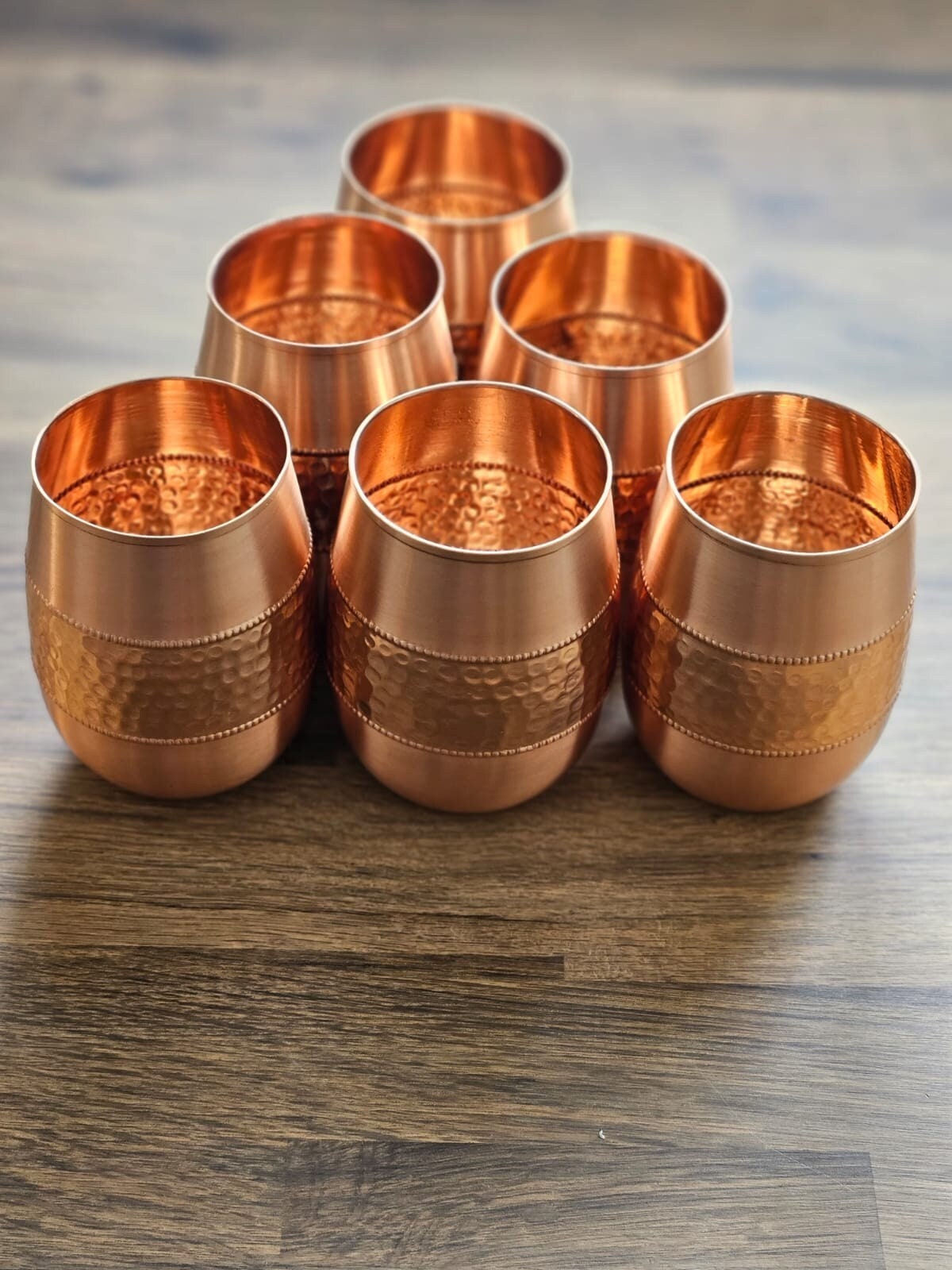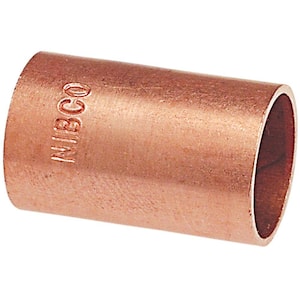Enhancing Your Kitchen with Costs Copper Products: Tips and Ideal Practices
Enhancing Your Kitchen with Costs Copper Products: Tips and Ideal Practices
Blog Article
Discovering the Diverse Applications of Copper Products in Modern Industries
Copper products have established themselves as essential parts throughout a myriad of modern-day markets, mainly as a result of their impressive conductivity, malleability, and resistance to rust. From boosting the effectiveness of electrical systems to playing a crucial duty in sustainable energy innovations, the flexibility of copper is evident. Its recyclability settings it as a lasting selection in production and electronics. As industries increasingly prioritize advancement and sustainability, the varied applications of copper require a closer evaluation, especially concerning their prospective effect on future environmental practices and technological improvements.
Electrical Applications of Copper
Copper is a vital product in the electric sector, representing about 60% of the total demand for non-ferrous steels around the world - Copper Products. Its premium electric conductivity, which is almost twice that of aluminum, makes it the preferred selection for a large range of electric applications. From circuitry systems in household and business structures to high-voltage power transmission lines, copper guarantees effectiveness and dependability in electrical energy delivery
Along with electrical wiring, copper is essential to the manufacturing of electrical components such as generators, motors, and transformers. These components utilize copper's thermal conductivity and pliability, essential for warm dissipation and effective efficiency. Additionally, copper's resistance to corrosion boosts the life-span and longevity of electrical systems, making it an affordable option in the long-term.
The development of sustainable power resources, such as solar and wind power, has additionally enhanced the demand for copper in electrical applications. As sectors change towards sustainable energy remedies, copper's role comes to be a lot more critical. Generally, the flexibility and efficiency characteristics of copper solidify its condition as a cornerstone product within the electrical market, driving technology and effectiveness across numerous applications.
Plumbing and Piping Solutions
In contemporary pipes systems, the selection of products significantly influences both functionality and longevity. Copper has actually become a favored alternative because of its distinct residential or commercial properties, consisting of rust resistance and antimicrobial features. These characteristics guarantee that copper piping continues to be safe and long lasting for delivering drinkable water, a critical consideration in domestic and business applications.
One of the vital advantages of copper in plumbing is its capacity to withstand heats and pressures, making it ideal for a variety of applications, from warm water systems to heating and cooling networks. Additionally, copper's flexibility permits less complicated installation in intricate piping layouts, lowering the risk of leaks and failures.
One more noteworthy advantage is copper's lengthy life expectancy, usually exceeding 50 years with appropriate maintenance. This durability not only decreases replacement costs however likewise adds to lasting practices by decreasing waste. Copper's recyclability aligns with modern ecological requirements, advertising a circular economy within the plumbing sector.
Copper in Renewable Energy
The convenience of copper prolongs beyond plumbing applications, playing an important function in the sustainable energy field. Its outstanding electric and thermal conductivity makes it a vital product in click the production and circulation of renewable resource resources, especially solar and wind power. In photovoltaic panels, copper is made use of in solar batteries and wiring, assisting in efficient power conversion and transmission. Its resistance to go to this web-site rust makes sure lasting performance, which is critical for making best use of energy output in time.

In addition, as the global need for electric automobiles (EVs) boosts, copper's role in battery systems and charging framework ends up being much more substantial. The product's capability to perform electrical energy successfully is indispensable to the performance of EV batteries, improving range and charging rate.
Copper's Duty in Electronic devices
Electronics producing relies greatly on copper's remarkable residential properties, specifically its high electrical conductivity and thermal performance. These attributes make copper an ideal selection for a large range of digital parts, including adapters, motherboard, and electrical wiring. The steel's ability to successfully send electrical signals ensures marginal power loss, which is crucial in high-performance digital tools.
Furthermore, copper's thermal conductivity plays a significant function in heat dissipation, protecting delicate components from overheating. This is particularly essential in modern-day electronic devices, where small designs lead to enhanced warm generation. Copper is likewise preferred for its malleability and ductility, permitting it to be quickly shaped right into intricate styles that meet the visit here needs of sophisticated electronic applications.
With the increase of consumer electronics, telecommunications, and electrical vehicles, the need for copper in the electronic devices market continues to expand. Therefore, copper stays a cornerstone material in the ever-expanding area of electronic devices.
Cutting-edge Makes Use Of in Production

One notable application is in additive production, where copper-based products are employed in 3D printing processes. This permits for the development of intricate geometries and light-weight elements, especially in the aerospace and automobile sectors. Furthermore, copper's thermal conductivity makes it an ideal option for warm exchangers, enhancing efficiency in commercial cooling systems.
Furthermore, the rise of smart production has actually seen the incorporation of copper in IoT gadgets, where its conductive capabilities sustain sophisticated picking up technologies. In the world of eco-friendly energy, copper is pivotal in the production of photovoltaic panels and wind turbines, assisting in more effective energy conversion and circulation.
As industries strive for sustainability and advancement, copper's versatility and performance remain to position it as an essential material, driving improvements in production and adding to the development of smarter, much more reliable products.
Conclusion
In recap, copper items demonstrate impressive adaptability throughout various modern sectors. Copper Products. Their premium conductivity improves electrical applications, while corrosion resistance ensures dependability in plumbing. The essential role of copper in renewable resource and its crucial feature in electronic devices underscore its importance ahead of time lasting methods. In addition, ingenious usages in manufacturing emphasize copper's flexibility and withstanding significance. Collectively, these applications highlight copper's crucial contribution to technical progress and commercial efficiency in contemporary culture.
From enhancing the efficiency of electric systems to playing an essential function in sustainable power technologies, the convenience of copper is evident. As industries significantly focus on development and sustainability, the diverse applications of copper require a closer assessment, particularly regarding their potential effect on future environmental techniques and technological improvements.
The development of renewable power sources, such as solar and wind power, has actually further enhanced the need for copper in electrical applications. Generally, the adaptability and efficiency characteristics of copper strengthen its standing as a keystone material within the electrical sector, driving development and performance across numerous applications.
The convenience of copper extends beyond pipes applications, playing a crucial function in the sustainable power field.
Report this page